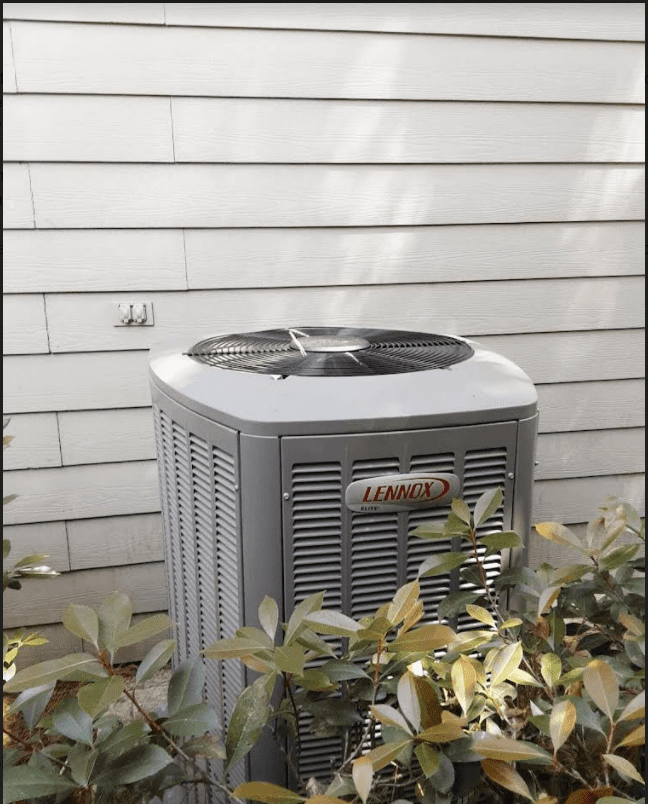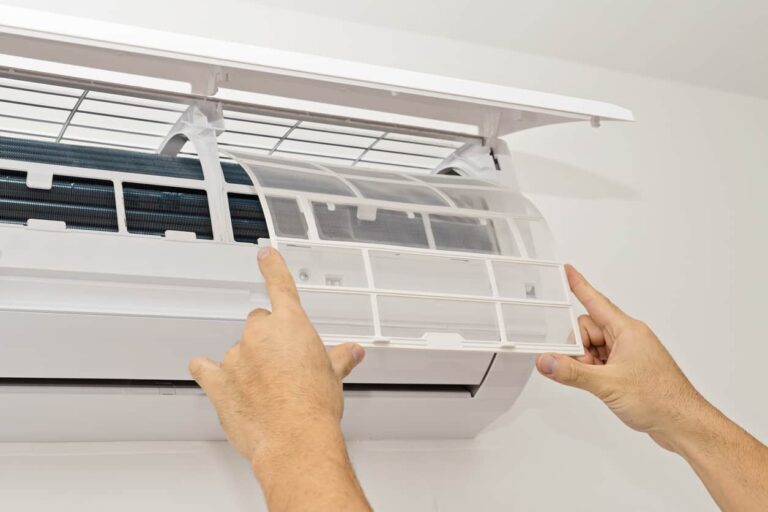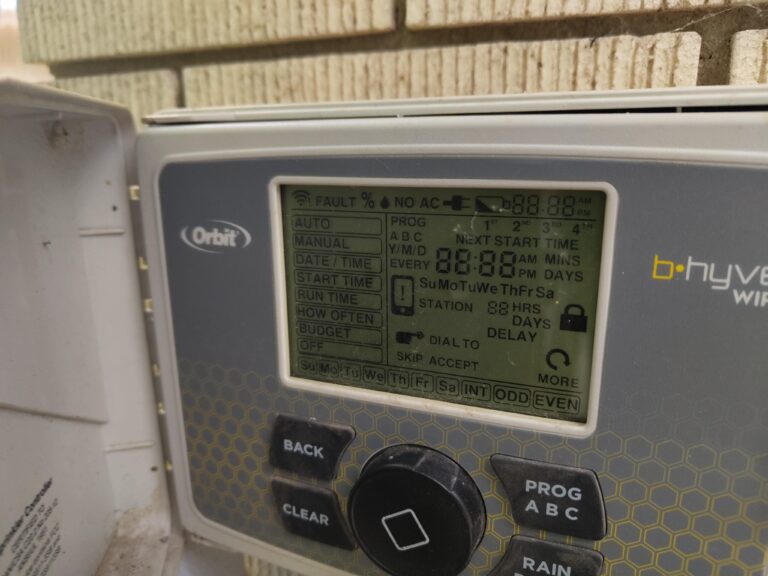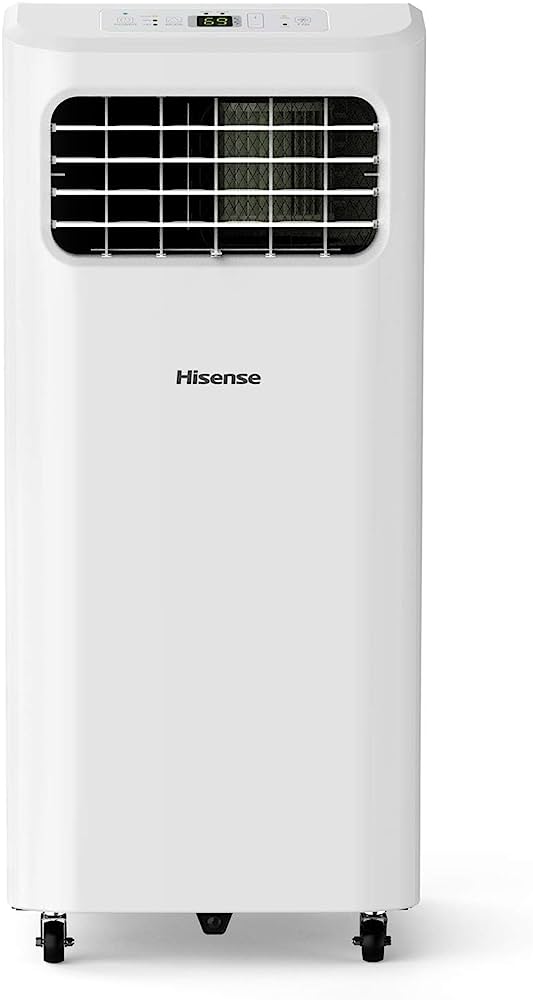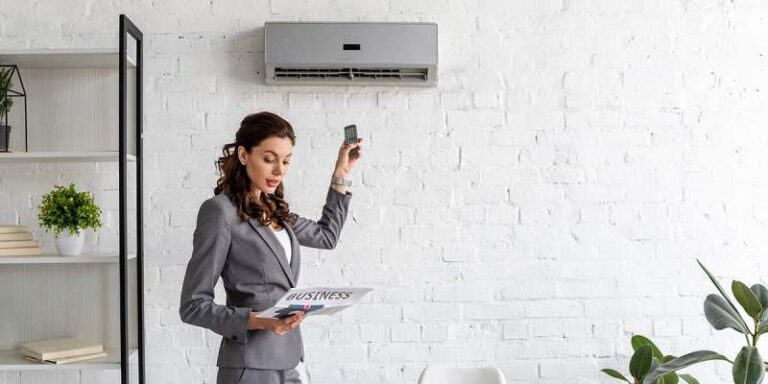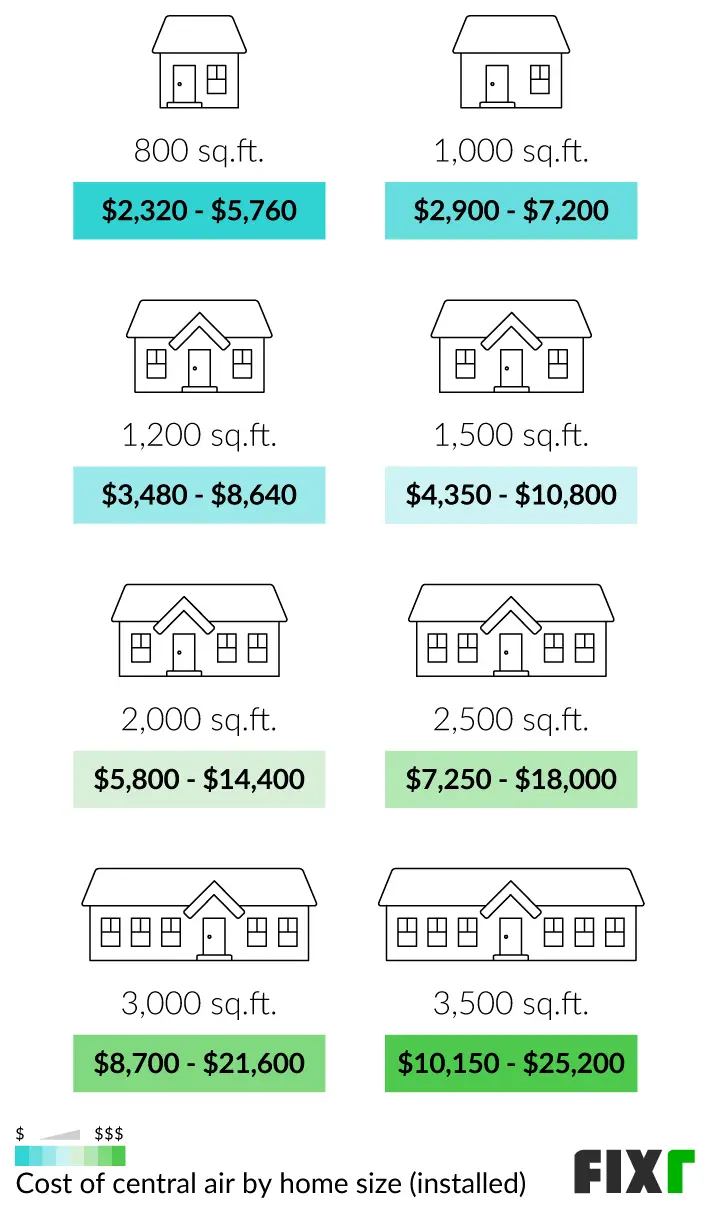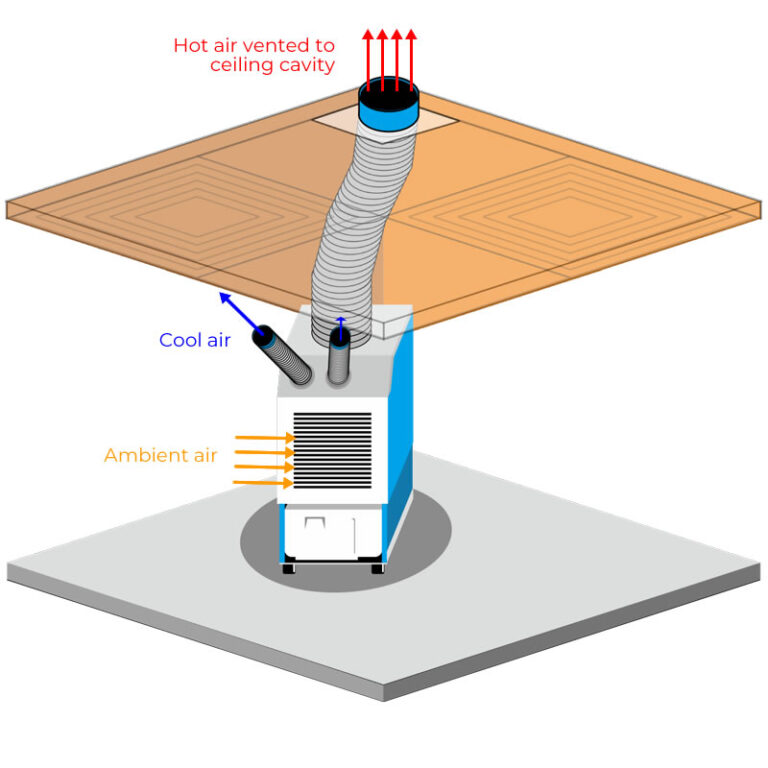Should I Turn Off My Air Conditioner During A Hurricane? Essential Guide
Yes, you should turn off your air conditioner during a hurricane. It prevents potential electrical hazards and damage.
Hurricanes bring strong winds, heavy rains, and power surges that can damage your air conditioner. Turning it off protects the unit from electrical issues and physical damage caused by debris. It also helps in avoiding unnecessary energy consumption during power outages.
Power surges can cause significant damage to electrical appliances, leading to costly repairs. Safeguarding your air conditioner ensures it remains functional post-storm. Preparing your home for a hurricane includes securing windows, doors, and turning off electrical appliances. Proper precautions ensure safety and minimize damage to your property. Always prioritize safety and follow local guidelines during hurricane conditions.

Credit: aceairfl.com
Hurricane Safety And Air Conditioners
During hurricanes, many wonder about the safety of their air conditioners. It’s crucial to understand the potential risks and common misconceptions. These insights can help you make informed decisions.
Potential Risks
- Power Surges: Hurricanes often cause power surges. These can damage your air conditioner.
- Water Damage: Heavy rains can flood your air conditioner. This can lead to costly repairs.
- Flying Debris: Strong winds can carry debris. This can harm your unit.
Common Misconceptions
Many believe that keeping the air conditioner on during a hurricane is safe. This is not always true. Here are some common misconceptions:
- Myth: Air conditioners can cool your home during a storm.
Fact: Power outages are common. Your unit won’t work without electricity. - Myth: Air conditioners are safe from water damage.
Fact: Floodwater can damage internal parts. - Myth: Running the air conditioner stabilizes home temperature.
Fact: It’s safer to shut it down to prevent damage.
Here is a quick comparison table:
| Myth | Fact |
|---|---|
| Air conditioners cool homes during storms | They won’t work without power |
| Units are safe from water damage | Floodwater can harm them |
| Running stabilizes home temperature | It’s safer to shut them down |
Impact Of Hurricanes On Electrical Systems
Hurricanes can cause severe damage to electrical systems. These storms bring strong winds and heavy rains, which can lead to power outages and electrical hazards. Understanding how hurricanes affect electrical systems can help you make safer decisions.
Power Surges
During a hurricane, power surges are common. These surges happen when the electrical system experiences sudden spikes in voltage. Power surges can damage your appliances and electronics. Turning off your air conditioner can protect it from these surges.
Here’s a table showing the common causes and effects of power surges:
| Cause | Effect |
|---|---|
| Lightning strikes | Increased voltage |
| Downed power lines | Electrical spikes |
| Power restoration | Sudden surges |
Electrical Fires
Electrical fires are another risk during hurricanes. Water and electricity do not mix well. Flooding can cause short circuits and sparks. This can lead to fires in your home. Turning off your air conditioner reduces this risk.
Here are some tips to prevent electrical fires:
- Turn off and unplug appliances.
- Keep electrical systems dry.
- Use surge protectors.
Always prioritize safety to avoid electrical hazards during hurricanes.
Benefits Of Turning Off Your Air Conditioner
During a hurricane, turning off your air conditioner can be a wise decision. This choice can protect your home and your HVAC system. Here are the key benefits:
Reducing Damage
Turning off your air conditioner can reduce damage to your HVAC system. Hurricanes can bring power surges and electrical issues. These surges can fry the internal components of your air conditioner. By switching it off, you avoid costly repairs or replacements.
Wind and debris can also harm your unit. Strong winds can blow objects into your outdoor unit. This can cause physical damage. By turning it off, you minimize the risk. You also avoid potential fire hazards from electrical issues.
Preventing System Overload
A hurricane can cause power outages. When power returns, a sudden surge can overload your system. By keeping your air conditioner off, you prevent an overload. This protects both your air conditioner and your home’s electrical system.
Additionally, many homes may lose power during a hurricane. If your air conditioner tries to restart immediately, it can compete with other appliances. This can lead to an electrical overload. Turning it off ensures a smoother recovery once power is restored.
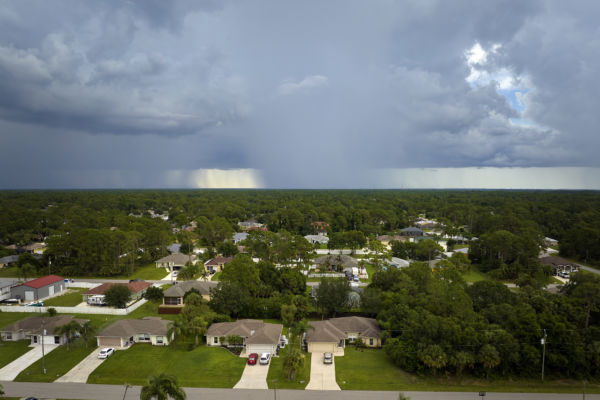
Credit: advanced-air.com
Potential Consequences Of Leaving It On
Leaving your air conditioner on during a hurricane can have serious consequences. It may lead to system damage, increased repair costs, and other issues. Understanding these risks can help you make an informed decision.
System Damage
Your air conditioner is not designed to withstand severe weather. Hurricanes bring strong winds, heavy rain, and flying debris. These elements can cause significant damage to the unit. Wind can blow debris into the outdoor unit, damaging the fan and coils.
Water can infiltrate the system, leading to electrical shorts. This can damage the compressor and other vital components. Flying debris can dent or puncture the unit, causing further damage. System damage can be costly and time-consuming to repair.
Increased Repair Costs
Repairing an air conditioner damaged by a hurricane can be very expensive. You might need to replace major components like the compressor or fan. Labor costs for these repairs can also be high.
| Component | Average Repair Cost |
|---|---|
| Compressor | $1,200 – $2,500 |
| Fan Motor | $300 – $600 |
| Electrical Components | $200 – $500 |
In addition to component costs, there are labor charges. Emergency repair services during a hurricane can be more expensive. Increased repair costs can put a strain on your budget.
To avoid these issues, consider turning off your air conditioner during a hurricane. This simple step can protect your system and save you money.
Expert Recommendations
During a hurricane, it’s crucial to take safety precautions. Experts offer advice on whether to keep your air conditioner on or off. This section explores insights from HVAC professionals and emergency services.
Hvac Professionals
HVAC professionals stress the importance of turning off your air conditioner during a hurricane. High winds and power surges can damage your HVAC system. Turning it off helps prevent electrical fires and equipment damage.
Here are the key reasons:
- Prevents electrical fires
- Avoids equipment damage
- Reduces risk of power surges
HVAC experts also recommend unplugging your system. This protects it from lightning strikes and power outages.
Emergency Services
Emergency services advise turning off your air conditioner during severe weather. This ensures your safety and protects your property.
Key recommendations include:
| Action | Reason |
|---|---|
| Turn off AC | Avoid electrical fires |
| Unplug system | Protect from power surges |
| Secure outdoor units | Prevent debris damage |
These steps ensure you and your property remain safe during a hurricane.
How To Safely Turn Off Your Air Conditioner
During a hurricane, it’s crucial to protect your air conditioner. Properly turning it off can prevent damage. Here’s how to do it safely.
Pre-storm Preparation
Before the storm hits, prepare your air conditioner. Follow these steps:
- Inspect the unit: Check for any loose parts or damage.
- Clear debris: Remove leaves, sticks, and other items around the unit.
- Secure the unit: Use hurricane straps or covers to protect it.
Step-by-step Guide
Follow this guide to safely turn off your air conditioner:
- Turn off the thermostat: Set it to the “off” position.
- Switch off the power: Locate the circuit breaker and turn it off.
- Unplug the unit: If possible, unplug the air conditioner from the outlet.
- Cover the unit: Use a waterproof cover to protect it from rain and debris.
| Step | Description |
|---|---|
| Inspect the unit | Check for loose parts or damage. |
| Clear debris | Remove leaves, sticks, and other items. |
| Secure the unit | Use straps or covers for protection. |
| Turn off the thermostat | Set it to “off” position. |
| Switch off the power | Turn off the circuit breaker. |
| Unplug the unit | If possible, unplug from the outlet. |
| Cover the unit | Use a waterproof cover. |
Alternative Cooling Methods
During a hurricane, turning off your air conditioner is crucial. This ensures safety and prevents damage. But you still need to stay cool. Here are some alternative cooling methods to consider.
Battery-powered Fans
Battery-powered fans can be lifesavers during power outages. They provide a cool breeze and are portable. Keep extra batteries on hand for longer use.
Here are some benefits of battery-powered fans:
- Portable and easy to move around.
- Do not rely on electrical power.
- Affordable and widely available.
Natural Ventilation
Natural ventilation helps to circulate air inside your home. Open windows and doors to create a cross-breeze. This can significantly cool down your living space.
Consider the following tips for effective natural ventilation:
- Open windows on opposite sides of the house.
- Use light-colored curtains to reflect sunlight.
- Position furniture to allow air to flow freely.
Using these methods can keep you cool without power. Stay safe and stay cool during the storm.
Post-hurricane Air Conditioner Check
After a hurricane has passed, it’s important to check your air conditioner. This ensures it works properly and safely. Below are some key steps to follow during your post-hurricane air conditioner check.
Inspection Tips
- Turn off the power: Ensure safety by turning off the power supply.
- Check for visible damage: Look for any dents, cracks, or loose parts.
- Inspect electrical connections: Make sure wires are intact and dry.
- Examine the condenser unit: Clear debris like leaves, branches, or dirt.
- Look for water damage: Check if water has entered the unit.
When To Call A Professional
Sometimes, an expert is needed. Here are instances where you should call a professional:
- Electrical issues: If you see frayed wires or water near electrical parts.
- Strange noises: Unusual sounds could mean internal damage.
- Poor cooling performance: If your AC isn’t cooling as before.
- Leaks: Any refrigerant or water leaks need expert attention.
- Persistent problems: Issues that don’t resolve after basic checks.
By following these steps, you can ensure your air conditioner is safe and functional. Regular checks and timely professional help can extend its lifespan.
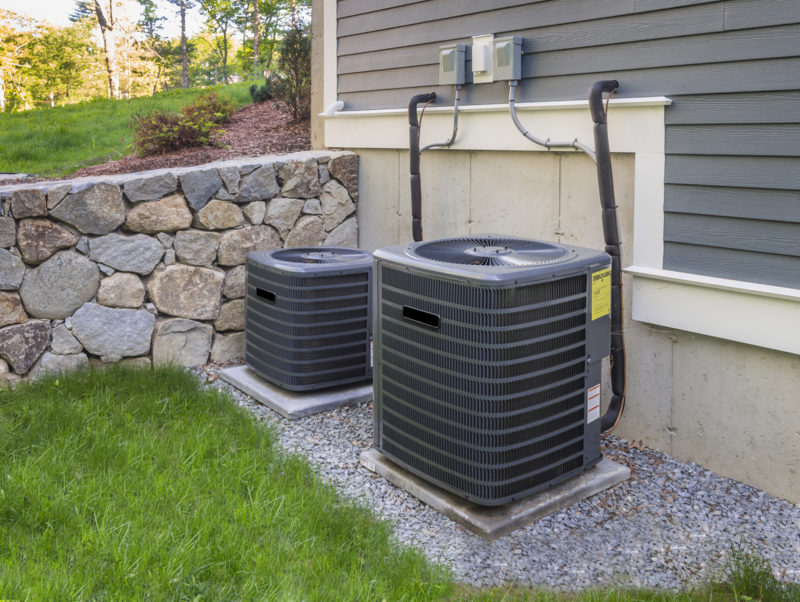
Credit: www.kciac.com
Frequently Asked Questions
Should You Turn Off Your Ac During A Storm?
Yes, turn off your AC during a storm. This prevents potential damage from lightning and power surges.
How To Protect Your Ac In A Hurricane?
Secure your AC unit by covering it with a heavy-duty tarp. Disconnect the power supply to prevent electrical damage. Remove any loose objects around the unit. Ensure the AC is firmly anchored. Consider using hurricane straps for additional security.
How To Keep A House Cool During A Hurricane?
Close windows and doors tightly. Use blackout curtains to block sunlight. Run fans or portable air conditioners. Drink cold water to stay cool. Avoid using heat-generating appliances.
Conclusion
Turning off your air conditioner during a hurricane is essential for safety. It prevents electrical hazards and potential damage. Always prioritize safety by following expert advice. Preparing your home can reduce risks and ensure peace of mind. Stay safe and informed during hurricane season to protect your loved ones and property.

